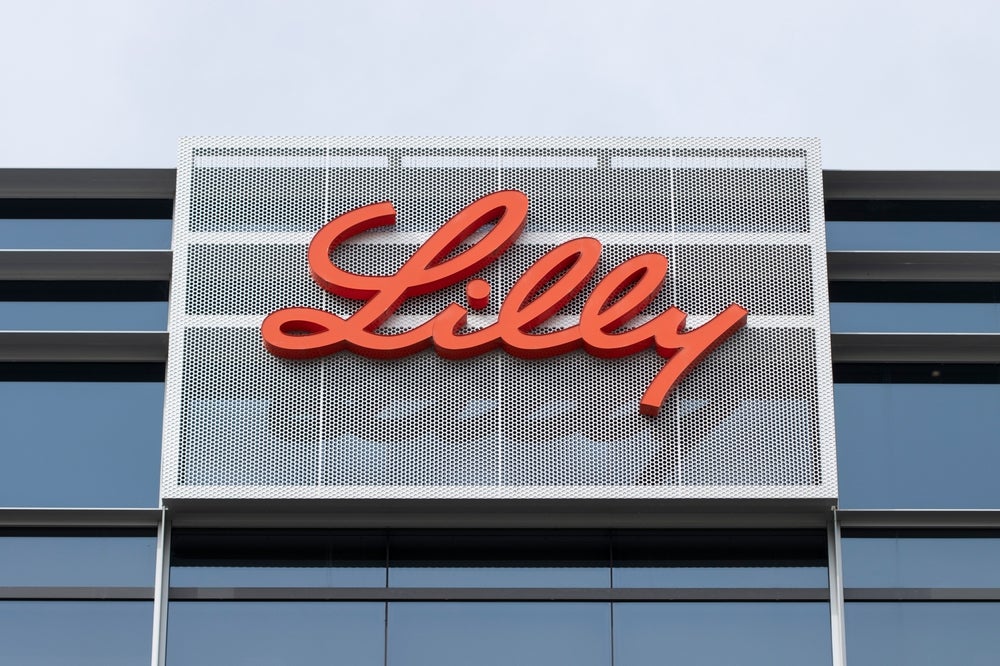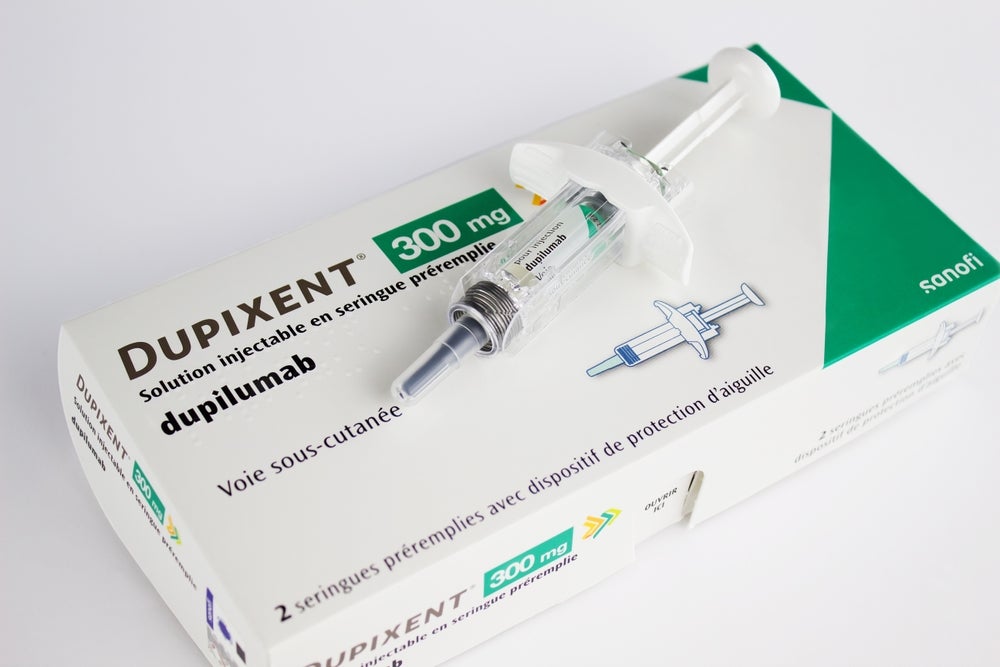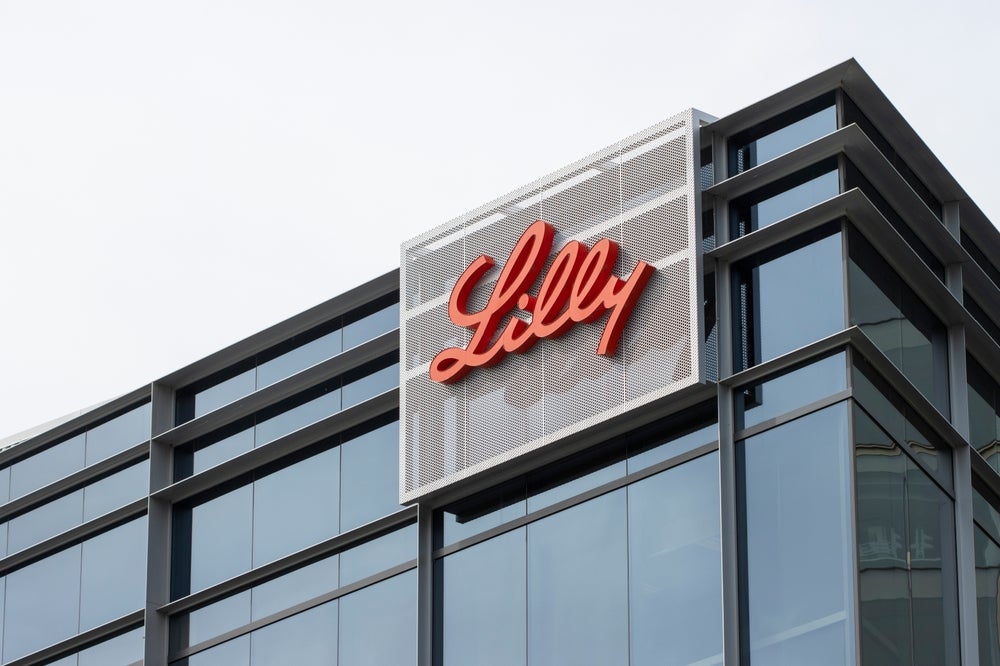After bursting on the scene with a $70m Series A fundraise, Excellergy is forecasting first-in-human trials for both its lead and next-generation candidates within the next two years, says CEO Todd Zavodnick.
In recent weeks, the allergy therapeutics-focused biotech announced it raised the funds from Samsara BioCapital, Red Tree Venture Capital, and Decheng Capital. Based in Palo Alto, California, the company is developing trifunctional effector cell response inhibitors (ECRIs) to treat allergies.
Zavodnick told Pharmaceutical Technology that Excellergy plans to initiate an ex-US Phase I study of its lead ECRI candidate, a monoclonal antibody, in Q1 2026, with the goal of being ready for Phase II testing by late 2026 or early 2027. The company also has its eyes set on getting an undisclosed next-generation asset Phase I-ready by early 2027.
Zavodnick said that food allergy and chronic spontaneous urticaria (CSU) are at the top of the list of potential indications for the company, citing “very clear regulatory pathways of approval in the US and other markets in Europe and beyond.”
Genentech and Novartis’ omalizumab, sold under the brand name Xolair, is one of the leaders in the treatment space for both conditions. It has been approved for CSU in the US and EU for over a decade and received US Food and Drug Administration (FDA) approval for food allergy in February 2024. According GlobalData consensus forecasts, Xolair is expected to see a sharp decline in sales in 2026. The US formulation patent for Xolair is due to expire in November 2025. Global annual sales are forecasted to peak in 2025 at roughly $3bn and drop to around $1bn by 2031.
GlobalData is the parent company of Pharmaceutical Technology.
Proof-of-concept data published by the company in the Journal of Allergy and Clinical Immunology, indicated a 10-fold increase in immunoglobulin E (IgE) binding by mutated omalizumab antibodies, so-called ECRIs, versus wildtype omalizumab. The in vitro results also pointed to enhanced propensity of the ECRIs for displacing IgE already bound to allergic effector cells, when compared with omalizumab. Further, a single dose of a selected antibody variant was found to desensitise humanised basophils and mast cells within 36 hours in an anaphylaxis mouse model.
By increasing IgE affinity and efficacy for removing already-bound IgE, the trifunctional ECRIs have the potential to downregulate the effector T cells, thereby fully disarming them, said Zavodnick.
Zavodnick described the importance of young biotechs like Excellergy looking beyond the clinic to consider the market viability of a potential asset. “You can get clinical success with precision and data points, and you can marry that with immediate commercial success globally, not just in the United States, but across Europe and Japan and other large markets.”













